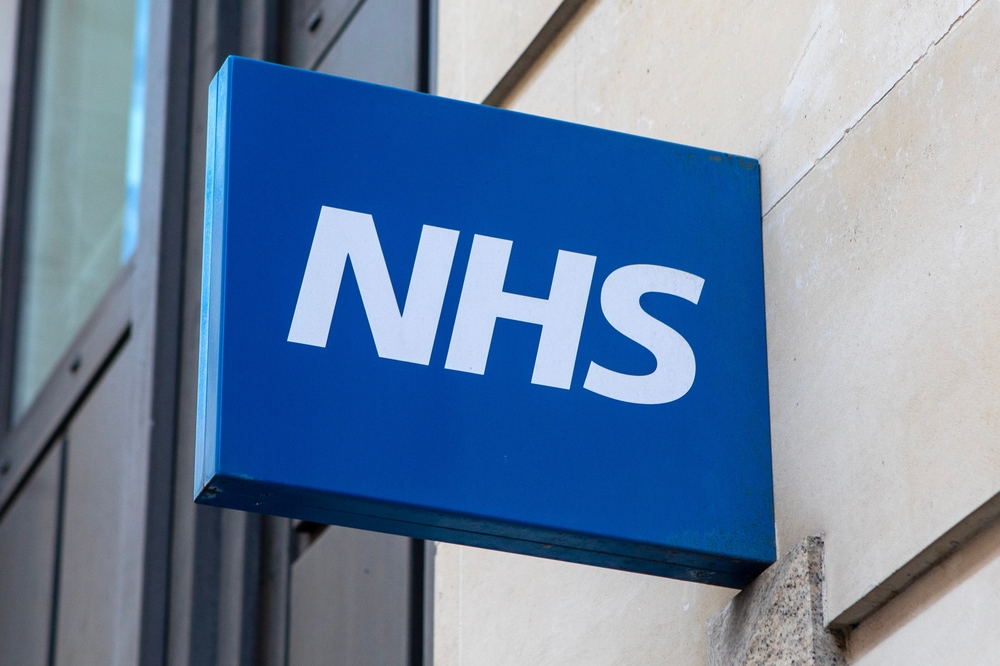NHS procurement criteria set for major changes

The NHS is to change its procurement criteria for all medical supplies – which is set to save billions of pounds a year.
New guidance will be issued to all NHS Trusts later this year which for the first time will stipulate that patient experience and outcomes must be considered ahead of cost.
The change comes after an 18-month campaign by hygiene and health company Essity to demonstrate that choosing the cheapest incontinence products alone costs the NHS an extra £520,418,989 annually.

A pilot scheme in Lincolnshire care homes discovered that, despite higher up-front cost, better-quality and more appropriate products save money in the long run.
Patient experience is improved in terms of independence, dignity and relapses, and resources are freed-up as demand on healthcare staff is reduced.
The campaign was driven by Essity in the UK who have met with and presented to multiple MPs who upon seeing the evidence have subsequently then supported the call for change.
The policy change was announced by House of Lords member Lord Philip Hunt, a passionate advocate for Essity’s proposal for Value-Based Procurement (VBP) since meeting with members the company in 2023.
“In announcing the change of policy, Lord Hunt commented: “Who would have thought that the humble absorbent continence pad could have such an impact, so quickly, on something as important as NHS procurement policy and practice – but it shows what can be delivered when a campaign for change is built upon irrefutable evidence that a change will be a win-win for patients, for carers and for NHS and social care providers alike, particularly when it is taken forward in a constructive, cross-party campaign.”
While the change in policy will become guidance for NHS Trusts from this autumn, it will become a mandatory requirement during the procurement process from autumn 2025.
Karen McNamara, business director for Essity’s Health and Medical division in the UK, said: “This is wonderful news for our NHS. Finally, patients can look forward to a better quality of care no matter their illness or condition. Put simply, better quality medical products are more reliable, you need fewer of them, and as a result the associated costs of care are reduced.
“With poorer quality incontinence products, patients were experiencing more leaks and were having to be changed more regularly which not only impacts the dignity for the patient, but for each change a healthcare professional is required and they need disposable gloves, an apron, then linen has to be washed more regularly and very quickly the associated costs add up.
“We have been able to demonstrate how better quality incontinence care products not only improve the lives of patients and the healthcare professionals that care for them but save the NHS money as well. This change in policy is a huge win for patients and for the NHS.”